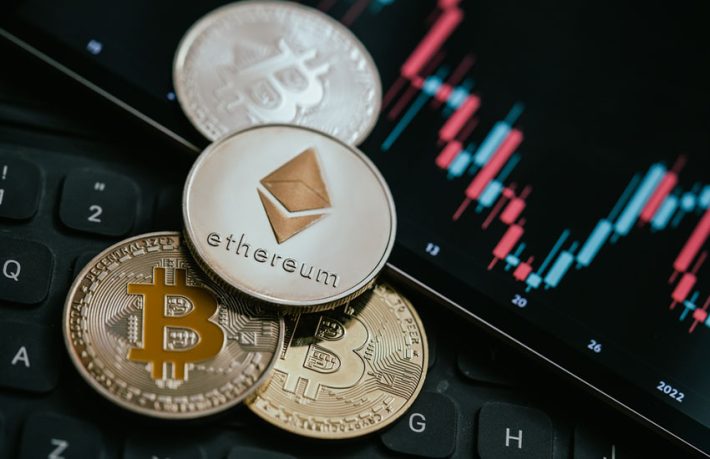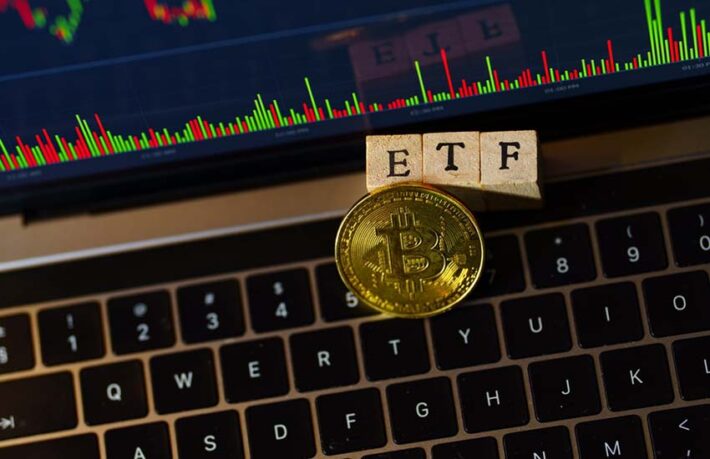Japan Set to Approve First Yen-Pegged Stablecoin

Japan’s top financial regulator is preparing to authorize the issuance of yen-denominated stablecoins as early as this fall, paving the way for the country’s first domestically backed digital currency tied to fiat, according to Nikkei.
Tokyo-based fintech JPYC is expected to spearhead the launch, with its registration as a money transfer provider scheduled for completion this month. JPYC tokens will maintain a fixed rate of 1 JPY = 1 yen, backed by liquid reserves such as bank deposits and Japanese government bonds. Once purchased by individuals or businesses, the tokens will be distributed through bank transfers to users’ digital wallets.
This initiative follows the 2023 revision of Japan’s Payment Services Act, which formally legalized stablecoins under strict regulatory guidelines. Unlike many jurisdictions where issuers operate amid uncertainty, Japan has established one of the most transparent frameworks for fiat-backed tokens. Under the law, issuers must be licensed as banks, trust companies, or money transfer firms, ensuring that reserves are fully transparent and redeemable on demand.
The approval comes as the global stablecoin market exceeds $286 billion, dominated by dollar-backed assets such as Tether’s USDT and Circle’s USDC. While these are already accessible in Japan, JPYC would represent the first domestically issued yen-based alternative.
Analysts suggest the move could strengthen Japan’s financial independence by reducing reliance on U.S. dollar-backed digital assets. A widely adopted yen stablecoin could also encourage corporations and fintechs to explore blockchain-based settlements, cross-border transactions, and yen-denominated decentralized finance (DeFi) solutions.
Potential Boost for Japan’s Bond Market
Okabe, a representative of JPYC, stated in a recent post on X that yen-backed stablecoins could reshape Japan’s bond market. He noted that in the United States, stablecoin issuers have become significant buyers of Treasury bonds, and a similar trend could support demand for Japanese government bonds (JGBs).
“It is likely that JPYC will begin purchasing Japanese government bonds in large volumes in the future,” he wrote, warning that countries slow to adopt stablecoins risk losing new institutional demand and may face higher bond yields as a result.
In the U.S., Tether has become one of the largest holders of short-term Treasury bills, creating a new class of non-bank institutional investors. Should yen stablecoins follow a similar trajectory, Japan could attract a technology-driven buyer base for its massive government debt—a critical issue given that Japan’s public debt is the highest among advanced economies, exceeding 250% of GDP.
Growing Competition from Global Players
This development also coincides with the entry of international competitors. Circle introduced USDC in Japan in March after receiving regulatory approval to list on SBI VC Trade, a joint venture with SBI Holdings. The company now plans to expand listings on Binance Japan, bitbank, and bitFlyer, two of which are among the country’s leading exchanges.


